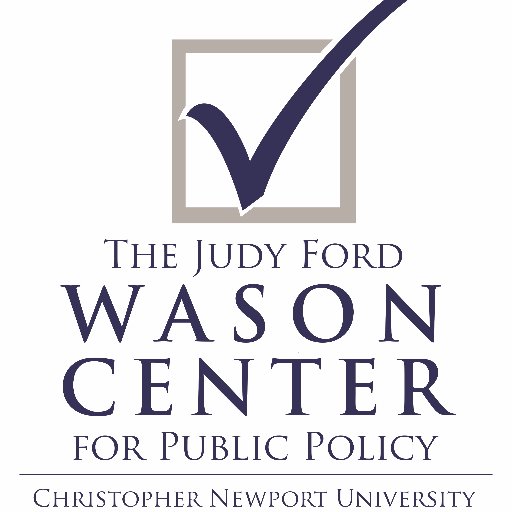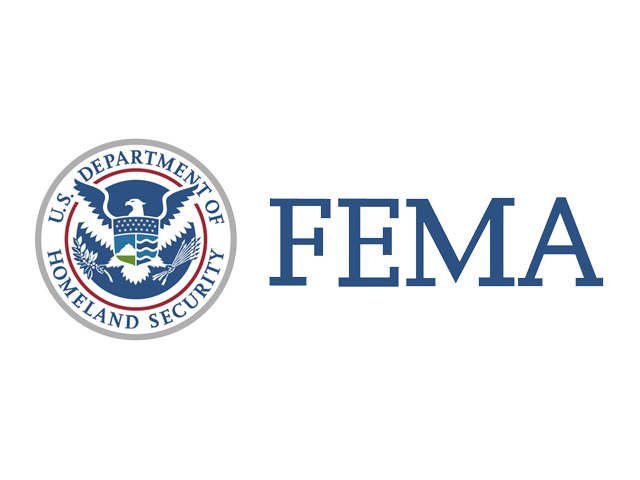 From Wason Center : As the Virginia General Assembly convenes a special session to focus on gun control in response to the May 31 mass shooting in Virginia Beach, two recent polls by the Wason Center for Public Policy at Christopher Newport University show that a majority of Virginia voters say it is more important to control who owns guns than to protect gun ownership rights (54%-41% in 2018; 55%-41% in 2016). The special session begins on Tuesday, July 9.
From Wason Center : As the Virginia General Assembly convenes a special session to focus on gun control in response to the May 31 mass shooting in Virginia Beach, two recent polls by the Wason Center for Public Policy at Christopher Newport University show that a majority of Virginia voters say it is more important to control who owns guns than to protect gun ownership rights (54%-41% in 2018; 55%-41% in 2016). The special session begins on Tuesday, July 9.
The 2016 and 2018 surveys of registered voters showed partisan gaps on the general question of gun control versus gun rights, with Democrats strongly favoring gun control (82%-13% in 2018; 82%-15% in 2016) and Republicans favoring gun rights (64%-32% in 2018; 66%-31% in 2016). However, the partisan disagreement was reduced or erased entirely when voters were asked about specific gun control policies.
- Requiring background checks for all gun sales was overwhelmingly favored overall (84% in 2018; 88% in 2016). Support was strong among both Democrats (96% in 2018; 96% in 2016) and Republicans (76% in 2018; 81% in 2016).
- Allowing anyone who legally owns a gun to conceal carry without a permit was overwhelmingly opposed overall (76% in 2018; 84% in 2016). Opposition was strong among both Democrats (88% in 2018; 93% in 2016) and Republicans (72% in 2018; 77% in 2016).
- Banning assault-style weapons was supported by a strong majority overall (65%-34% in 2018; 62%-33% in 2016) but a partisan split was evident. Democrats overwhelmingly supported a ban (84%-16% in 2018; 86%-12% in 2016). Republicans split evenly on the proposal in 2018 (49%-49%) and opposed it by a slight majority in 2016 (50%-45%).
“With some close contests in the November election, this gun-control disconnect among Republican voters could put Republican lawmakers in a tight spot in the special session,” Wason Center Director Quentin Kidd said. “Their voters oppose gun control generally but strongly favor specific gun control proposals that will likely be on the agenda in the special session.”
The 2018 survey has a margin of error of +/- 3.6%. The 2016 survey has a margin of error of +/- 3.5%.



